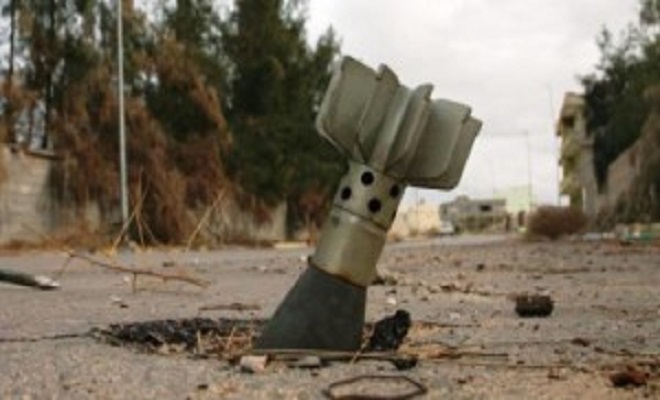 NEO.org
NEO.org
Featured
The CIA is Trying to Plant “Their Man” as the President of Libya
by , via NEO.org:
The security situation in Libya, which is continuing to worsen, forced the White House to vigorously seek solutions to the problem of power in a country plunged into a comprehensive crisis because of the US military intervention in 2011.
De facto, the country is split into three parts – Tripolitania, Cyrenaica, and Fezzan, two of which have declared autonomy and almost ignore the central government. Neither the structure of the new state government nor the armed forces have been finalized. There remains a significant number of militants and radical Islamist militants who have not agreed to submit to the control of the authorities and are subordinate only to their field commanders. They organize terrorist attacks, set off explosions near government offices, and actively use the practice of kidnapping as a means to pressure the new Libyan authorities.
The degradation of the situation in Libya in July 2014 took on a landslide character.
However, as the Washington Post wrote, “Libya needs the U.S. for its transition to democracy”, by which Washington tried to explain its “selfless” sympathy for this country. In this case, the newspaper did not fail to note that “the vast oil wealth of the country, coupled with its relatively small and “homogeneous” population (6.5 million citizens), allow Libya to finance its development by involving only modest foreign investment.”
Today in Libya, there is no central authority, which is substituted by two governments: in Tripoli, the Islamists hold the parliament in their hands, and a second parliament acts in Tobruk, which is headed by “anti-Islamists” and recognized by the United States and, hence, the international community.
It is the power structures in Tobruk that Washington has long been “reinforcing” with its people, hoping to create from them a “backbone” for the future of a puppet government that would diligently follow instructions from the White House and, finally, the United States would reap the benefits for which the overthrow of Gaddafi and the armed intervention in Libya were undertaken in 2011. Naturally, for this purpose Washington is focusing on leaders of paramilitaries in Tobruk.
In addition, the recent success of Field Marshal Abdel Fattah el-Sisi, who came to power in Egypt, deprived both the White House and the CIA of sleep, strenuously seeking to repeat this “experiment” and plant in the Libyan presidency its own nurtured commander.
The retired general of the Libyan army Khalifa Belqasim Haftar is more clearly becoming such a nominee beneficial for Washington and the CIA, who is today a stone’s throw from leading Libyan army formations and obtaining the support of the national parliament.
Haftar was born in 1949 in Benghazi and began to serve in the Libyan army from an early age. In 1969, he actively supported Gaddafi in the revolutionary overthrow of the King of the United Kingdom of Libya, Idris 1, which largely determined the growth of his military career until 2011. Haftar improved his military knowledge in higher educational institutions of Libya and the Soviet Union, as well as a number of other countries with which the Gaddafi regime maintained close ties.

















